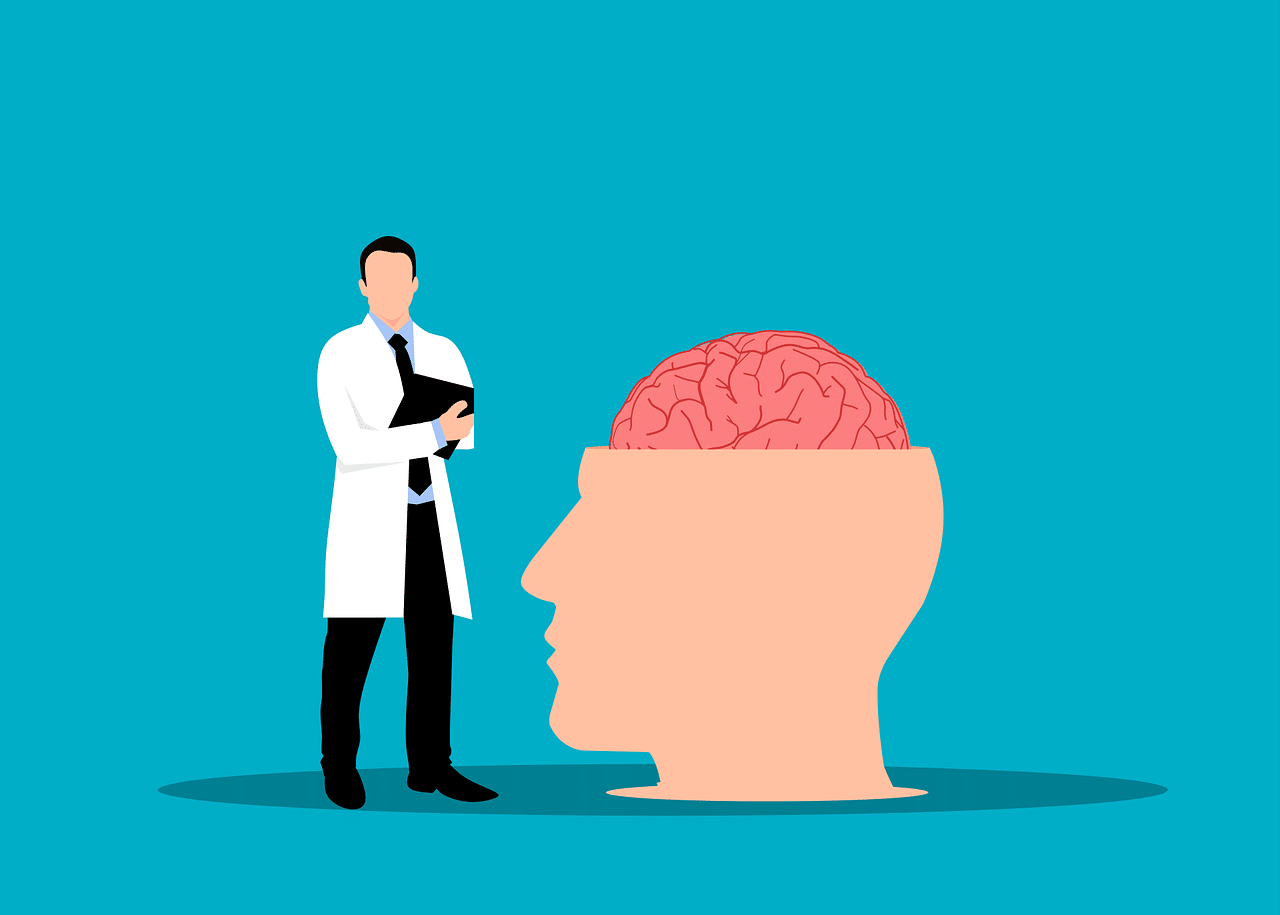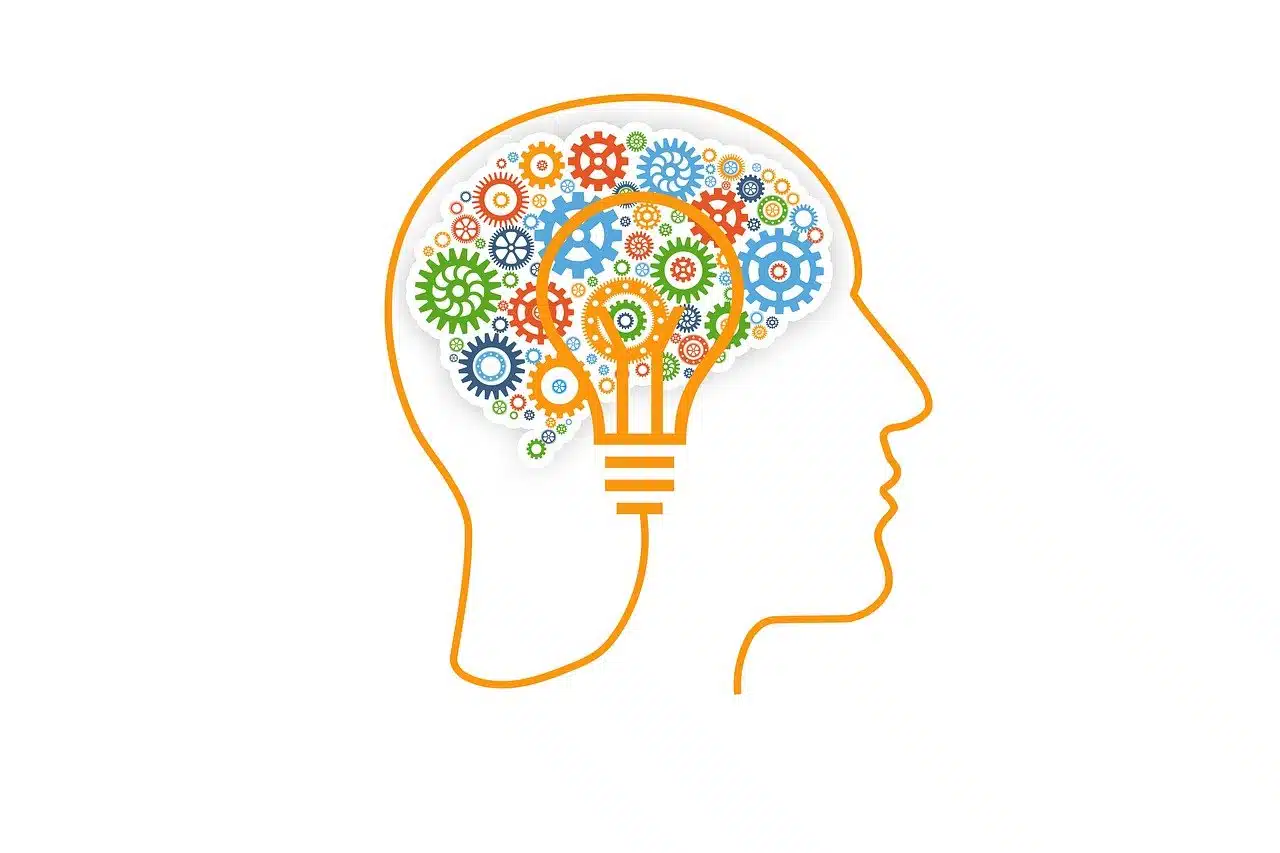
Neuropsychology combines neurology with psychology.
Neuropsychology is the clinical discipline that allows neurology to be combined with psychology . Within neurosciences, neuropsychology is responsible for studying the relationships between the brain and behavior, not only in people with some type of neuronal dysfunction but also in individuals whose body functions normally.
Regarding individuals with a problem, this branch is responsible for evaluating , providing treatment and rehabilitating said individuals. Among other issues, it is responsible for:
- Study the functions of the associative cortex (higher functions of the brain);
- Study the consequences that arise from damage to the structure of the brain and are manifested in behavior.
Object of study of neuropsychology
Neuropsychology has as its object of study the injuries, damages or incorrect functioning of the structures located in the central nervous system that lead to experiencing difficulties in cognitive, psychological, emotional processes and in individual behavior.
These consequences can arise from head trauma , cerebrovascular accidents, brain tumors, neurodegenerative diseases (such as Alzheimer's disease or multiple sclerosis) or developmental diseases (including epilepsy and cerebral palsy ). .

Neuropsychology analyzes the relationship between the brain and behavior.
Scientific method and human models
It is considered to be a multidisciplinary science that makes use of the scientific method to explore the relationships between the brain and behavior (based on the hypothetical-deductive method or through the analytical-inductive method). It is also based on human models , since it recognizes the specificity of each species.
Like neurolinguistics , neuropsychology finds its origins in the study of aphasia . Currently, this discipline uses experimental techniques, values clinical observation and is supported by examinations that offer images of the brain area (CT, MRI, PET, fMRI and others). It also appeals to the cognitive sciences with the purpose of developing schemes for functioning and rehabilitation of functions that have been damaged or lost.
Classical and cognitive neuropsychology
Given the various existing approaches, a distinction can be made between classical neuropsychology , cognitive neuropsychology and integral dynamic neuropsychology .
It is important to differentiate between classical and cognitive neuropsychology , the first is the one that has existed for dozens of years and that approaches diseases from an orthodox point of view, the second has more and more space and has managed to carve out its space due to its results. forceful and irrevocable.
To exemplify this difference we will talk about aphasia . While classical neuropsychology tries to qualify diseases by symptoms and each aphasia is distinguished from the others by presenting its own characteristics; the cognitive affirms that since the results of the studies carried out on aphasia patients provide conclusions so different from each other, even in cases in which similar symptoms are presented, the essence of the disease appears to be unconventional and therefore cannot be subject to a classification that is.
The cognitive approach to aphasia and other brain diseases is in practice and not theory; This implies focusing on the linguistic problems of each patient, without relying on the labels imposed by the classics, and looking for solutions that are feasible for each case.
There are different neuropsychological tests that allow an in-depth analysis of the different cognitive functions and offer a precise report of the state of each one. The Halstead-Reitan battery , the Integrated Neuropsychological Exploration Program ( Test Barcelona ), the Luria-Christensen battery , the Luria-Nebraska battery and the K-ABC are some of these instruments.
